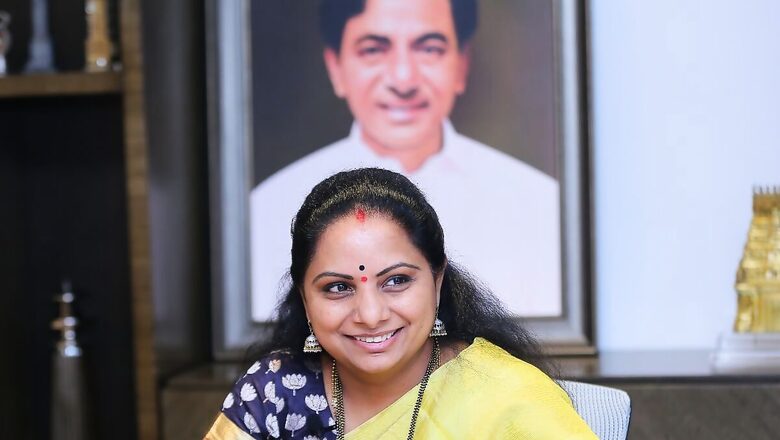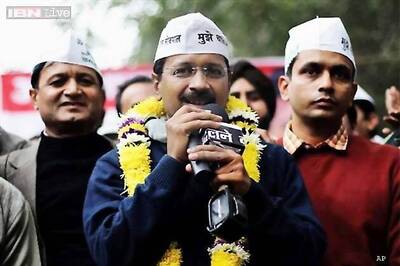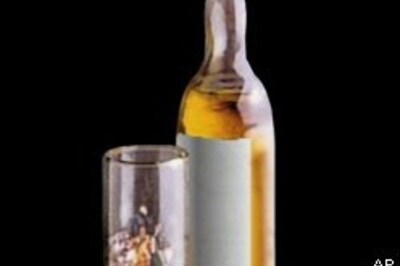
views
The Enforcement Directorate arrested BRS leader K Kavitha after conducting a daylong raid at her Hyderabad home on Saturday. The leader is now being brought to Delhi for questioning in connection with a money laundering case related to the now-defunct Delhi excise policy.
Kavitha, a member of the Telangana Legislative Council, was arrested by the central probe agency at 5:20pm from her residence in Banjara Hills, Hyderabad, according to the arrest memo.
This is not the first time that Enforcement Directorate has questioned Kavitha. In the last round of questioning by ED, officials said, Kavitha was confronted with Hyderabad-based businessman Arun Ramchandran Pillai, who was arrested in the case earlier and allegedly shared close ties with her.
Why Has Kavitha Been Arrested?
According to reports, the arrest order indicated that the agency holds grounds to suspect that Kavita has committed an offense punishable under the provisions of the Prevention of Money Laundering Act.
According to the chargesheet filed by the ED, Kavitha was implicated as a member of a “South Group” accused of paying Rs 100 crore in kickbacks to Aam Aadmi Party leaders. These payments were allegedly made in exchange for illicit advantages under the defunct Delhi excise policy.
“South Group comprises Telangana MLC Kavitha, Sarath Reddy (promoter of Aurobindo Group), Magunta Srinivasulu Reddy (MP, Ongole), his son Raghav Magunta, and others. The South Group was being represented by Pillai, Abhishek Boinpalli and Butchi Babu,” revealed ED’s probem, reported news agency ANI.
The investigation conducted by the ED also revealed that Pillai acted as an accomplice, participating in kickbacks from the South Group and subsequently recovering these funds from businesses in Delhi.
According to the ED, as per the statement of Butchi Babu (the accountant), “there was a political understanding between K Kavitha and the (Delhi) chief minister (Arvind Kejriwal) and the (then Delhi) deputy chief minister (Manish Sisodia). In that process, K Kavitha also met Vijay Nair on March 19-20, 2021,” reported PTI.
What Was The Delhi Excise Police
In 2021, the AAP government introduced many changes to its liquor excise policy. These changes included the discontinuation of government-owned liquor outlets, granting operation licenses to private entities. Additionally, the legal drinking age was reduced from 25 to 21 years. More, distinct registration criteria for liquor brands were proposed, factoring in aspects like pricing and sales performance outside of Delhi.
Moreover, the government proposed a substantial increase in the annual liquor vending license fee, from Rs 8 lakh to Rs 75 lakh. This move accompanied the withdrawal of the Delhi government from the liquor retail sector, as licenses were awarded to 849 private vendors through competitive bidding.
However, the implementation of the policy was swiftly clouded by allegations of corruption and favoritism in the licensing process, voiced by the Opposition. Compounding the AAP’s challenges, Delhi’s Lieutenant Governor VK Saxena initiated an investigation into the new excise policy. Prompted by a report from Delhi’s top bureaucrat, Saxena formally requested a Central Bureau of Investigation (CBI) inquiry.
Amidst the escalating controversy, the government announced the rollback of the excise policy.


















Comments
0 comment